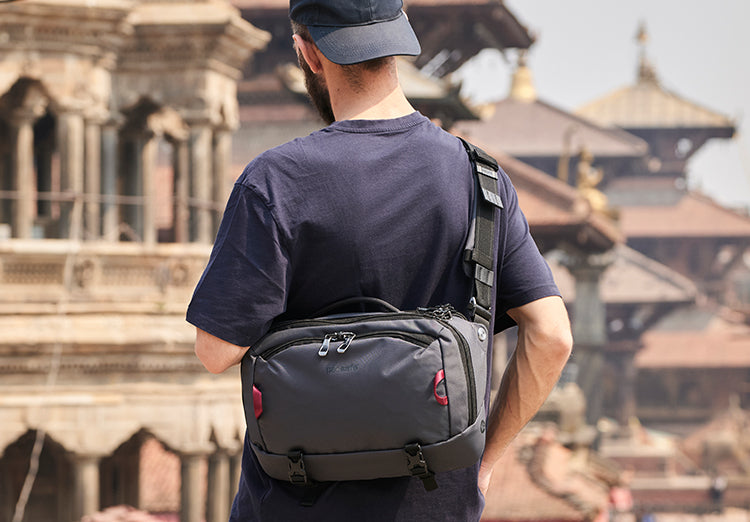Click here to sign up for 10% off your first order. | Free Shipping to Austria for orders over €100. T&Cs apply
Click here to sign up for 10% off your first order. | Free Shipping to Belgium for orders over €200. T&Cs apply
Click here to sign up for 10% off your first order. | Free Shipping to Germany for orders over €100. T&Cs apply
Click here to sign up for 10% off your first order. | Free Shipping to Spain for orders over €100. T&Cs apply
Click here to sign up for 10% off your first order. | Free Shipping to France for orders over €100. T&Cs apply
Click here to sign up for 10% off your first order. | Free Shipping to Italy for orders over €100. T&Cs apply
Click here to sign up for 10% off your first order. | Free Shipping to Sweden for orders over €100. T&Cs apply
Click here to sign up for 10% off your first order. | Free Shipping to Bulgaria for orders over €200. T&Cs apply
Click here to sign up for 10% off your first order. | Free Shipping to Denmark for orders over €100. T&Cs apply
Click here to sign up for 10% off your first order. | Free Shipping to Czechia for orders over €200. T&Cs apply
Click here to sign up for 10% off your first order. | Free Shipping to Estonia for orders over €200. T&Cs apply
Click here to sign up for 10% off your first order. | Free Shipping to Finland for orders over €200. T&Cs apply
Click here to sign up for 10% off your first order. | Free Shipping to Greece for orders over €200. T&Cs apply
Click here to sign up for 10% off your first order. | Free Shipping to Hungary for orders over €200. T&Cs apply
Click here to sign up for 10% off your first order. | Free Shipping to Ireland for orders over €200. T&Cs apply
Click here to sign up for 10% off your first order. | Free Shipping to Italy for orders over €100. T&Cs apply
Click here to sign up for 10% off your first order. | Free Shipping to Luxembourg for orders over €200. T&Cs apply
Click here to sign up for 10% off your first order. | Free Shipping to Latvia for orders over €200. T&Cs apply
Click here to sign up for 10% off your first order. | Free Shipping to Poland for orders over €200. T&Cs apply
Click here to sign up for 10% off your first order. | Free Shipping to Portugal for orders over €200. T&Cs apply
Click here to sign up for 10% off your first order. | Free Shipping to Slovenia for orders over €200. T&Cs apply
Click here to sign up for 10% off your first order. | Free Shipping to Slovakia for orders over €200. T&Cs apply
Click here to sign up for 10% off your first order. | Free Shipping to Cyprus for orders over €200. T&Cs apply
Click here to sign up for 10% off your first order. | Free Shipping to Malta for orders over €200. T&Cs apply
Click here to sign up for 10% off your first order. | Free Shipping to Romania for orders over €200. T&Cs apply
Europe | Shipping to selected EU countries. For other shipping destinations, click here for more information.Click here to sign up for 10% off your first order. | Free Shipping to Austria for orders over €100. T&Cs apply
Click here to sign up for 10% off your first order. | Free Shipping to Belgium for orders over €200. T&Cs apply
Click here to sign up for 10% off your first order. | Free Shipping to Germany for orders over €100. T&Cs apply
Click here to sign up for 10% off your first order. | Free Shipping to Spain for orders over €100. T&Cs apply
Click here to sign up for 10% off your first order. | Free Shipping to France for orders over €100. T&Cs apply
Click here to sign up for 10% off your first order. | Free Shipping to Italy for orders over €100. T&Cs apply
Click here to sign up for 10% off your first order. | Free Shipping to Sweden for orders over €100. T&Cs apply
Click here to sign up for 10% off your first order. | Free Shipping to Bulgaria for orders over €200. T&Cs apply
Click here to sign up for 10% off your first order. | Free Shipping to Denmark for orders over €100. T&Cs apply
Click here to sign up for 10% off your first order. | Free Shipping to Czechia for orders over €200. T&Cs apply
Click here to sign up for 10% off your first order. | Free Shipping to Estonia for orders over €200. T&Cs apply
Click here to sign up for 10% off your first order. | Free Shipping to Finland for orders over €200. T&Cs apply
Click here to sign up for 10% off your first order. | Free Shipping to Greece for orders over €200. T&Cs apply
Click here to sign up for 10% off your first order. | Free Shipping to Hungary for orders over €200. T&Cs apply
Click here to sign up for 10% off your first order. | Free Shipping to Ireland for orders over €200. T&Cs apply
Click here to sign up for 10% off your first order. | Free Shipping to Italy for orders over €100. T&Cs apply
Click here to sign up for 10% off your first order. | Free Shipping to Luxembourg for orders over €200. T&Cs apply
Click here to sign up for 10% off your first order. | Free Shipping to Latvia for orders over €200. T&Cs apply
Click here to sign up for 10% off your first order. | Free Shipping to Poland for orders over €200. T&Cs apply
Click here to sign up for 10% off your first order. | Free Shipping to Portugal for orders over €200. T&Cs apply
Click here to sign up for 10% off your first order. | Free Shipping to Slovenia for orders over €200. T&Cs apply
Click here to sign up for 10% off your first order. | Free Shipping to Slovakia for orders over €200. T&Cs apply
Click here to sign up for 10% off your first order. | Free Shipping to Cyprus for orders over €200. T&Cs apply
Click here to sign up for 10% off your first order. | Free Shipping to Malta for orders over €200. T&Cs apply
Click here to sign up for 10% off your first order. | Free Shipping to Romania for orders over €200. T&Cs apply
Europe | Shipping to selected EU countries. For other shipping destinations, click here for more information.
















